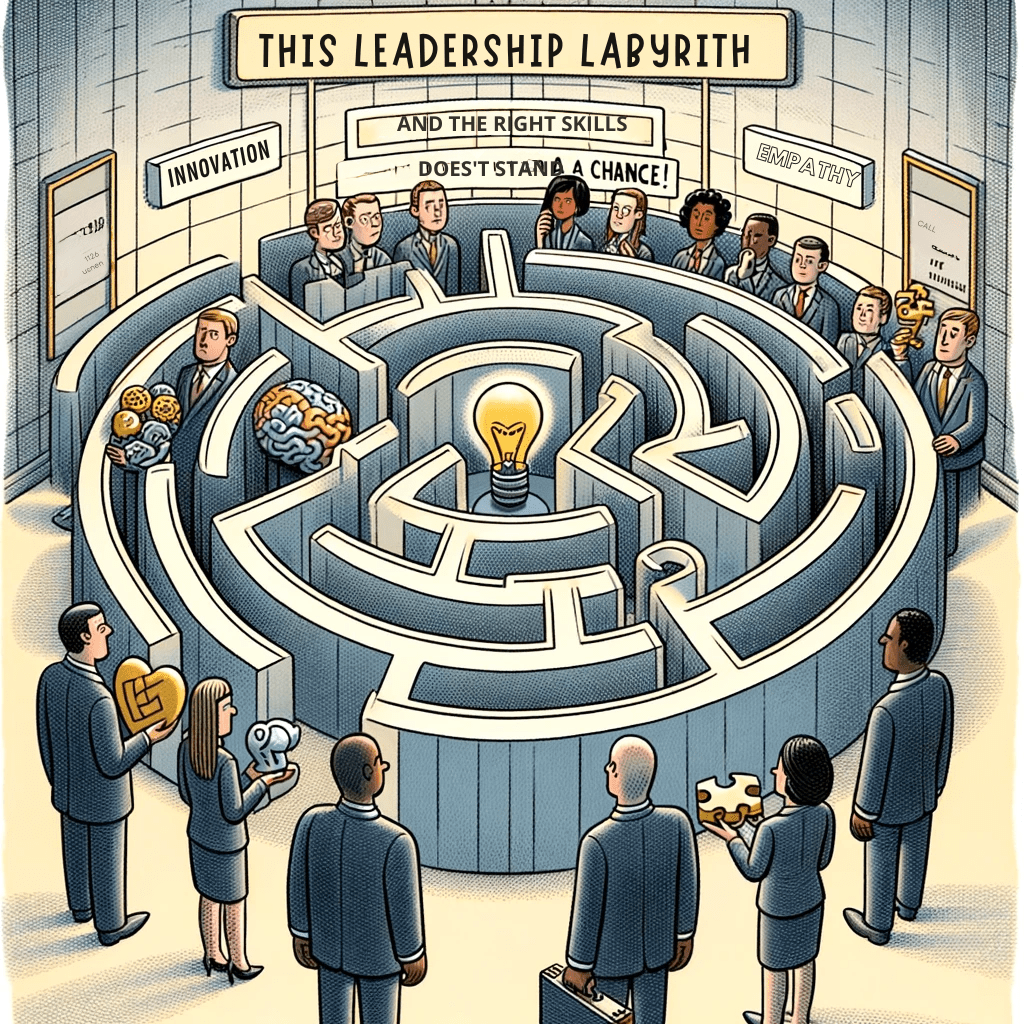
In the ever-evolving landscape of business leadership, executives often find themselves at the center of a complex maze – the Leadership Labyrinth. Navigating this labyrinth requires more than traditional management skills; it demands a deep understanding of oneself and the ability to inspire and lead others effectively. This is where executive coaching, a field gaining tremendous traction, plays a pivotal role.
The Power of Self-Reflection in the Leadership Labyrinth
The journey through the Leadership Labyrinth begins with self-reflection. A recent Harvard Business Review study revealed that leaders who regularly reflect on their decisions and experiences are 23% more effective in their roles. Self-reflection enables executives to understand their strengths and areas for growth, fostering a leadership style that is authentic and resonant with their team’s values.
Embracing Change and Innovation
The labyrinth of leadership is never static. As markets evolve and new challenges emerge, the ability to adapt and innovate becomes crucial. A study by McKinsey & Company highlights that 86% of CEOs who prioritized innovation successfully led their companies through recent economic uncertainties. This underscores the importance of a mindset that embraces change and seeks innovative solutions.
Building Collaborative Teams within the Leadership Labyrinth
A leader’s success is intricately tied to their team’s performance. Effective leadership fosters a collaborative environment where diverse ideas and perspectives are valued. According to a report by Deloitte, teams led by inclusive leaders are 17% more likely to report high performance. By nurturing a culture of collaboration, executives can harness the collective intelligence and creativity of their teams.
Communicating with Empathy and Clarity
In the labyrinth of leadership, clear and empathetic communication is key. Leaders who excel in empathetic communication are 40% more likely to retain their employees, according to a study by Businessolver. By mastering the art of communication, leaders can build trust, drive engagement, and align their teams with the organization’s vision and goals.
The Role of Executive Coaching
Here is where executive coaching comes into play. CO2 Coaching, with its emphasis on leadership and executive principles, offers tailored coaching to help leaders navigate these challenges. Our approach focuses on personal growth, strategic thinking, and fostering a positive organizational culture.
A Path Forward
In conclusion, navigating the leadership labyrinth requires a blend of self-reflection, adaptability, collaboration, and effective communication. As you embark on this journey, consider the role of executive coaching in honing these skills. Reach out to CO2 Coaching to explore how we can support your leadership development and help you lead your organization to new heights.
